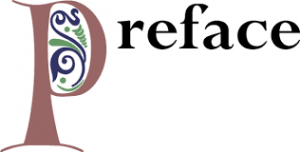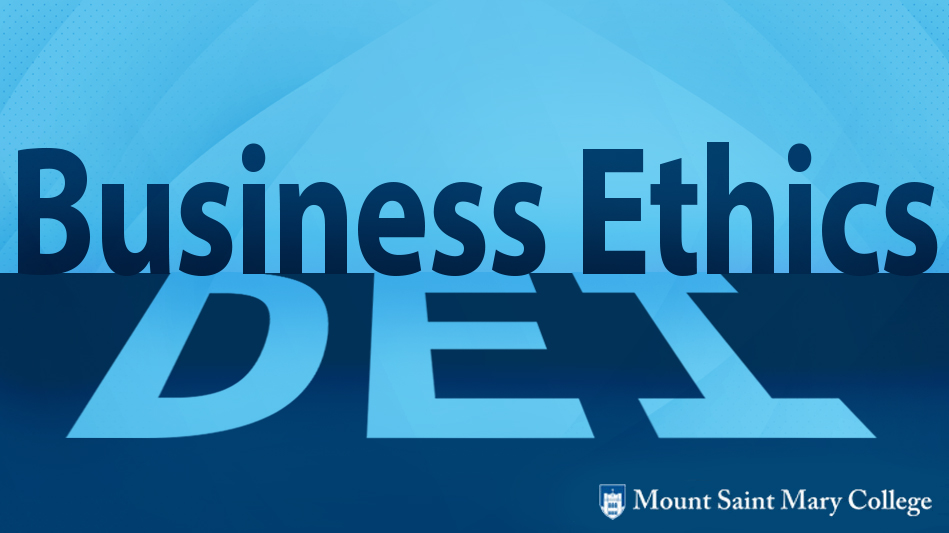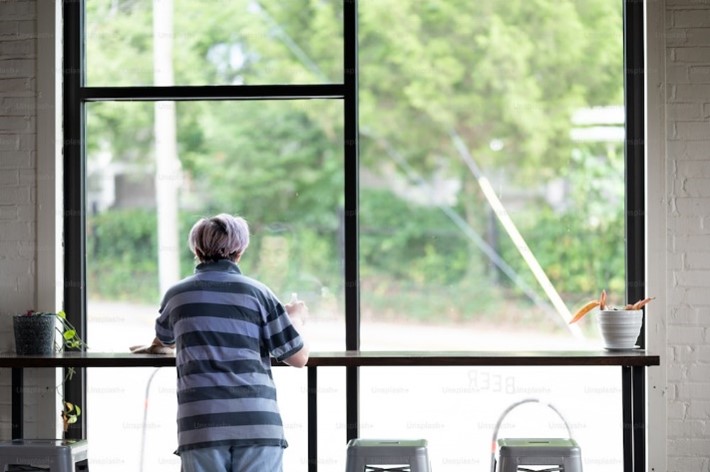In “Integrating Reflection into Our Everyday Practices with Authenticity: A Discussion Series on Metacognition,” educators across the Mount Saint Mary College discuss the place of reflection within their own professional development and that of their students in their processes of metacognition.
As Associate Professor of English and Director of the Honors Program, Marie-Therese C. Sulit offers the opening and closing pieces to this series, which meditate and deliberate over the current political, historical, social, and cultural climate of this pandemic during a national election year in America.
In her introductory piece, Marie-Therese C. Sulit draws upon the practices of contemplative pedagogy in order to conceptually bridge reflection with metacognition, particularly during COVID-19.
As Assistant Director of the Office for Student Success, Megan Morrissey discusses the training of academic coaches and coaching of students in facilitating the development of new study strategies for new achievement goals.
As Director of the Writing Center, Gina Evers considers the ways in which teaching and learning are woven together through reflection in her tutor training program.
As Assistant to the President in Mission Integration, Director of the Catholic and Dominican Institute, and Associate Professor of Philosophy, Charles Zola discusses the Four Pillars of Dominican Spirituality, particularly the role of reflection, through his work with the Dominican Scholars of Hope.
In her concluding piece, Marie-Therese C. Sulit discusses disputatio, a metacognitive method of investigation that not only embodies the Dominican Intellectual Tradition but also the reflective practices of contemplative pedagogy, as a means to explore the implications for curricular and campus reform at the Mount.
This miniseries explores the dimensions of metacognition across two tiers—within our classrooms and our offices—through our own professional development in tandem with our students and our colleagues: in short, why we do what we do and how we do it on an everyday basis.





